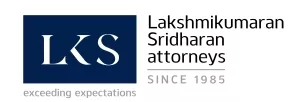Noting that the term used in Section 54(1) of the CGST Act, 2017 is 'may', the Madras High Court has observed that the time limit fixed under Section 54(1) is directory in nature and is not mandatory. According to the Court, it is not mandatory that the refund application must be made within two years, and in appropriate cases, refund application can be made even beyond two years.
The Madras High Court gave the above observations in a dispute where the refund of IGST was denied in case of supply to SEZ unit, as the supporting document (endorsement from Authorised officer) was furnished at the time of personal hearing only and not filed along with refund application.
The Court in Lenovo (India) Pvt. Ltd. v. Joint Commissioner was of the view that the delay in filing the supporting document at the time of filing of reply/personal hearing would only extend the time limit to pass an order under Section 54(7).
Holding that non-submission of documents at the time of filing application for refund cannot be deemed to have filed with a delay, the Court also noted that the delay in obtaining the endorsement was owing to Covid-19.
Reliance in this regard was also placed on CBDT Circular dated 11 April 1955 and provisions of Rule 90(3) of the CGST Rules, 2017 while the Court held that the Department ought to have issued a memo pointing out such deficiency and not issue a SCN directly to reject the refund.
The content of this article is intended to provide a general guide to the subject matter. Specialist advice should be sought about your specific circumstances.


